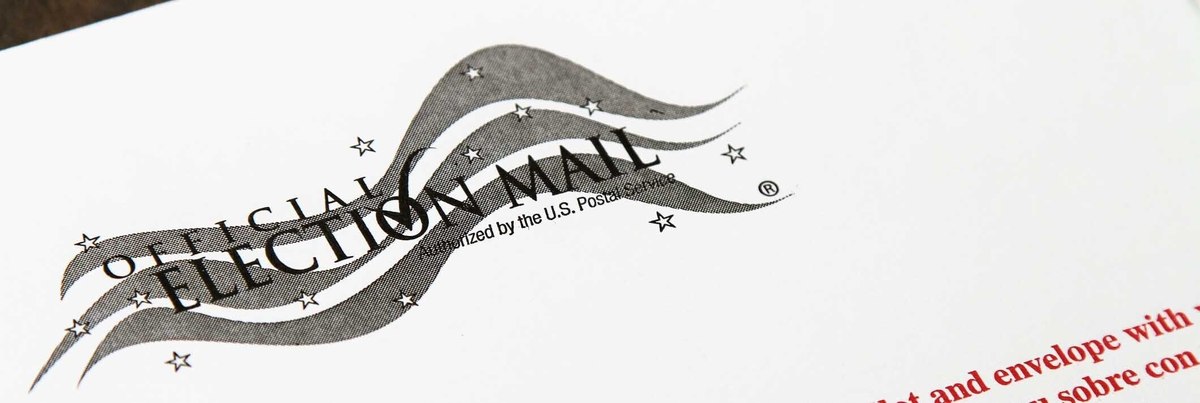The ongoing COVID-19 pandemic has drastically changed American life, and voting is no exception. Presidential elections have been called the night of or in the very early morning the previous few cycles—but this year will almost certainly be different.
The expansion of voting by mail, particularly in certain presidential swing states, will likely lead to a longer process of counting votes. This could prevent the winner of the Electoral College from being called on election day. Election officials are communicating this expectation to the American public, noting that taking time to determine the winner is a good thing—despite the nation’s interest in being able to throw election night parties and watch victory and concession speeches.
YouGov polling indicates that many Americans realize this year is going to be different—but might still be underestimating the time it will take to call who will be president on Inauguration Day 2021. About half of Americans (51%) believe the results of the 2020 presidential election will be known within one day.
About three in 10 (31%) think the winner will be known the night of the election, with an additional 20 percent thinking the nation will know the day after. Underscoring the uncertainty in this year’s election, nearly one out of every eight respondents (12%) indicated that they did not know.
However, election officials indicate the country may not know the winner of the Electoral College for days or even weeks. The coronavirus has already led to increased voting by mail this year—and in swing states that will be important for the outcome of the presidential election. A Pennsylvania primary earlier this year took nine days to declare a winner, for example. This is due to regulations governing when mail-in and absentee ballots can start being processed and counted.
Michigan, Pennsylvania, and Wisconsin are three key states for the presidential election. All three currently do not allow the tabulating of mail ballots until the day of the election. Outlets such as NPR, Politifact, The New York Times, and The Washington Post are all listening to election supervisors, noting that a delay in knowing the results is not nefarious. Instead, any delays will be due to mundane things, like opening envelopes and sorting mail.
YouGov polling shows voters plan to vote by mail at large numbers, in accordance with the mail-in rates we’ve seen in elections so far this year. A Yahoo News/YouGov poll conducted early July shows that, when given the choice, 45 percent of self-identified registered voters would prefer to vote by mail (55% preferring in-person). And an Economist/YouGov poll conducted early August poll shows that 40 percent of registered voters are planning on voting by mail this year.
Election officials are trying to warn voters of the anticipated delay using well-known cable news outlets, but where respondents get their news can impact how they view the timeline. Fox News viewers are far more likely to indicate the winner of the election will be announced the same night (44%) than CNN (29%) or MSNBC (26%) viewers.
There are also differences when looking at 2016 vote choice and political identification. A plurality of 2016 Trump voters (43%) think we will know the winner of the presidency on election night or the day after, while a majority of 2016 Clinton voters (63%) believe the winner will be called the day after or later. We see virtually the same plurality (38%) and majority (63%) for Republicans and Democrats, respectively.
Related: Are Americans more worried about voter fraud or denying eligible voters their ballot?
Methodology: This article is based on a flash poll of 1,549 US Adults surveyed via YouGov Direct on August 5, 2020 between 5:00 p.m. and 6:10 p.m. This YouGov Direct Poll was weighted according to age, gender, race, education, and 2016 presidential vote. The margin of error is ±3.6%
Image: Getty










